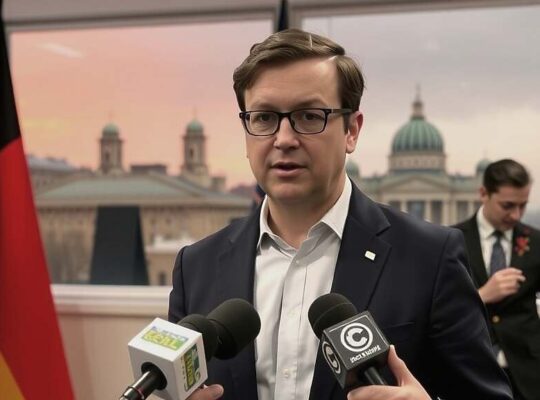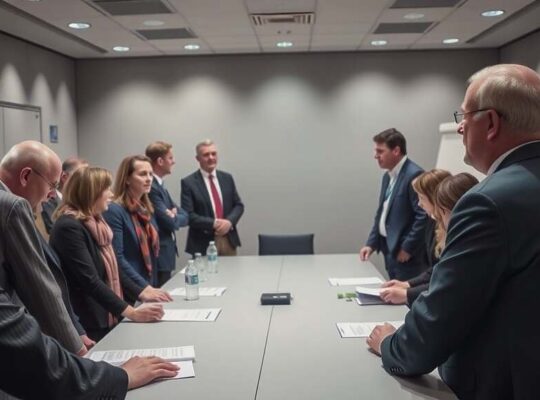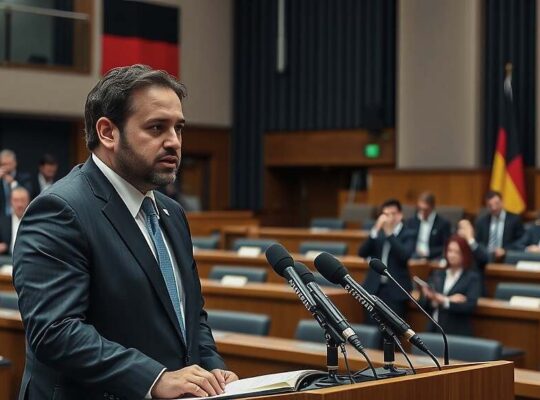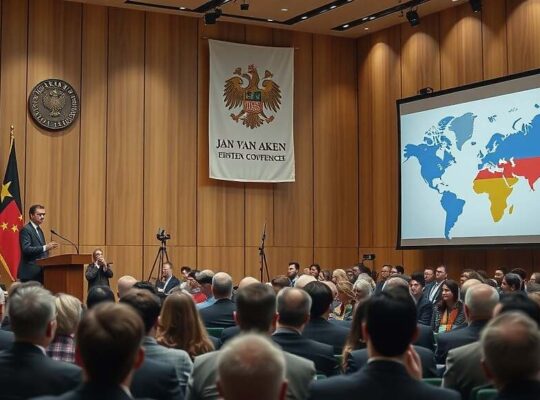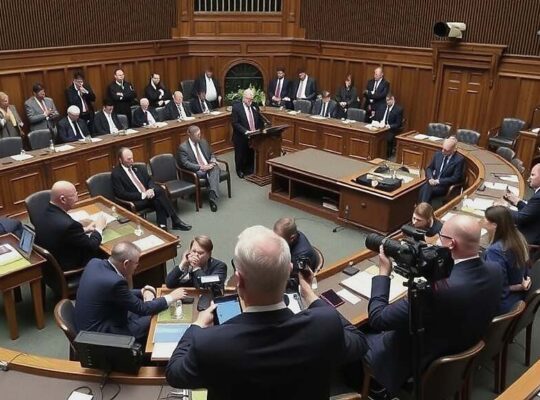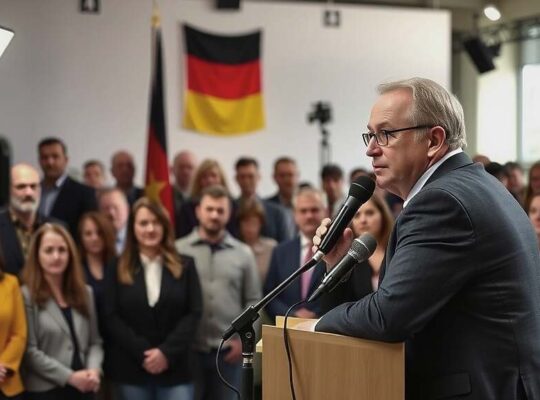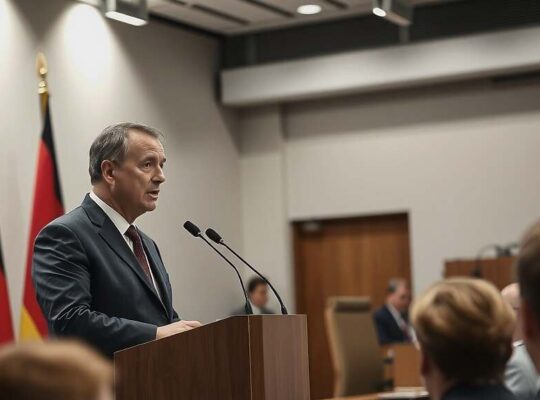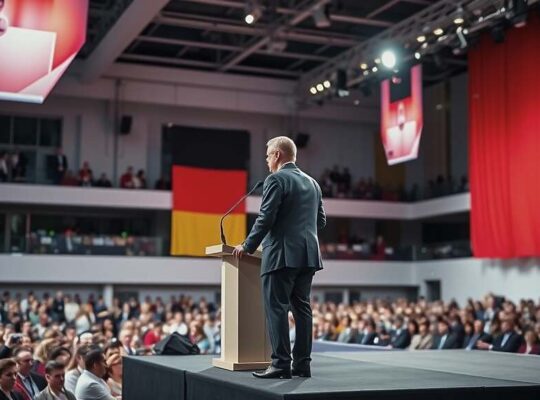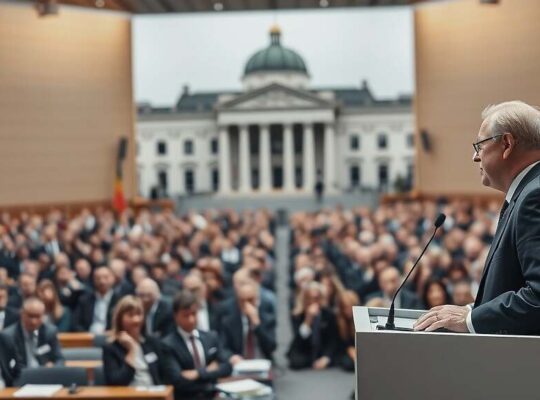The parliamentary group of the Alternative for Germany (AfD) has decided to implement a shift in its members’ conduct, prioritizing a more measured, serious and elevated demeanor throughout the current legislative period. According to a report by the Frankfurter Allgemeine Sonntagszeitung (FAS), this decision was reached during a closed-door meeting of the AfD’s parliamentary group executive committee, with confirmation from multiple group members.
AfD co-leader Tino Chrupalla explained the move as a necessary step toward potential future coalition governments. He stated that a calmer approach can strengthen any address and expressed a desire for the party to project professionalism and demonstrate competence, moving away from what he described as an “uncouth” style.
Deputy AfD leader Kay Gottschalk emphasized the need for coalition partners, stating, “We will not secure an absolute majority; therefore, we must extend a hand and engage in constructive discussions”. Deputy parliamentary group leader Sebastian Münzenmaier echoed this sentiment, stressing the importance of maintaining respect and avoiding personal attacks, asserting that a desire to be taken seriously requires reasonable behavior.
One AfD member, Rüdiger Lucassen, confirmed the intention to reduce inflammatory rhetoric and avoid escalating confrontations. Even Maximilian Krah, a parliamentarian recently distancing himself from certain ideological stances, acknowledged the need for broader appeal, citing strong support within his constituency.
The decision follows discussions concerning instances perceived as excessively provocative. Examples cited internally included a speech by Stephan Brandner, which utilized contentious language concerning political opponents and a meme posted by Nicole Höchst that generated significant criticism for its tone toward the Muslim community. These examples are intended to be avoided in the future. The party’s response to events, such as the initial round of the federal chancellor election, has also been adjusted to reflect the new strategy.
This shift in approach is attributed, in part, to a significant growth in the party’s membership. The AfD’s membership has nearly doubled since September 2023, rising from roughly 34,000 to approximately 64,000. This growth has brought about a perceived change in membership composition, with a move away from the party’s earlier image towards a more professional and established profile. One deputy leader described a transition “from the tracksuit faction to blue-collar workers and tax consultants.
However, not all within the party endorse the new strategy. Thuringia’s AfD leader, Björn Höcke, criticized the move, arguing that a more measured approach undermines the party’s role as a vocal opposition. He contends that restraint should be expected from the established parties, rather than from the AfD.



